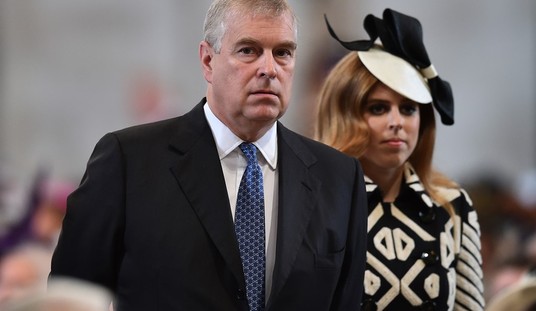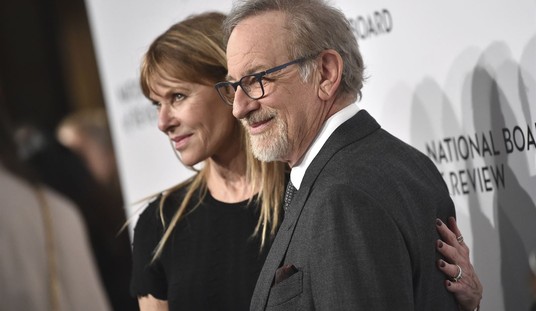As we all navigate the great hunkering down of America, churches are struggling to manage the balance of spiritual needs of worshippers while abiding by orders put in place about social distancing. Texas Governor Greg Abbott seems to have struck a decent compromise.
Tuesday Governor Abbott issued an order to re-open churches. Churches are have been deemed essential services and are therefore exempt from county-level bans like the one issued by Harris County Judge Hildalgo. During a news conference in Austin, Abbott carefully avoided describing his latest executive order as a shelter-in-place or stay-at-home order. He doesn’t want confusion about the order – people are still free to go out and purchase necessities like groceries and medicine but social distancing measures must be observed. So, where does this leave churches and houses of worship? In this case, Governor Abbott is not closing churches but he is asking that services be conducted, if at all possible, remotely. If that isn’t possible, he asks that churches that do offer services use the precautions put forward by medical experts – including the use of drive-up services which some churches are planning to use for Easter Sunday services. Worshippers remain in their car and this satisfies the distance requirement of social distancing.
Also, during the press conference, Abbott placed Texans under an additional thirty-day statewide standard of staying home except for essential services and activities. Schools are ordered to remain closed until May 4. These decisions bring Texas up to nationwide standards being adhered to by other states, he said. The exemption of churches as an essential service is not in the federal guidelines.
“States that have adopted ‘stay-at-home’ policies or even some that use ‘shelter-in-place’ are very close to ours, which is, if you had to put a label on it, it would be ‘essential services and activities only,'” Abbott said, drawing parallels between Texas and even New York, the epicenter of the pandemic in the United States. “If you’re not engaged in an essential service or activity, then you need to be at home for the purpose of slowing the spread of COVID-19.”
The state has outlined a list of more than a dozen sectors that provide essential services that comply with Abbott’s order, which is largely aligned with federal guidance on the issue. Those include health care, energy, food and critical manufacturing. Texas’ list adds religious services, which are not included in federal guidance.
The order goes into effect at 12:01 a.m. Thursday and lasts until April 30, aligning it with the new end date that President Donald Trump announced Monday for social-distancing guidelines.
The coronavirus outbreak in Texas is expected to peak on May 5. I will be surprised if schools open at all before the fall semester begins after the traditional summer break.
This new order revises an order Abbott issued on March 19. That order put an end to gatherings of more than 10 people and minimizing exposure to anyone other than household members. Since then, Abbott has felt the pressure brought by the Texas Hospital Association and Texas Nurses Association calling for a statewide shelter-at-home order. Last week, 65 out of 67 Texas House Democrats called for the same order. Most Democrats approved of Abbott’s latest order but of course, there are those who are more interested in criticizing the governor’s response to the coronavirus crisis than issuing productive statements. Never let a crisis go to waste. One such claim is that Abbott “mishandled” the crisis and is “endangering” lives.
So, if a church offers normally scheduled services, social distancing guidelines must be followed. Worshippers have to be six feet apart, which limits the number of people that will be allowed to participate. I’ve read that some churches are providing “family pews” for a family to occupy together, which I assume are sheltering at home together.
Will churches begin to conduct services, though? Most have the capacity to hold services online these days. Just because they can doesn’t mean they should hold services as normal, right? Pastors are coming forward and pointing to emphasis on protecting parishioners by carrying on as though the church is closed for now.
David Duncan, pastor of Houston’s Memorial Church of Christ, said he appreciates Abbott’s recognition of the “importance of religion.” But he added, “The second greatest command is to love our neighbors as ourselves. For me, at this moment, the way I love my neighbor is by giving them physical distance.”
“We will continue doing what we have been doing,” said Mike Miller, pastor of Central Baptist Church in Jacksonville. “Gathering crowds in any way that would make 6-foot separation impossible is not acting responsibly.”
After the March 19 order, the one limiting gatherings to 10 people, some religious leaders and conservative activists in Harris County (Houston and surrounding areas) questioned the constitutionality of such an order. They objected to closing churches and Abbott’s failure to include gun stores as essential services. They filed an emergency petition for a writ of mandamus claiming that Harris County Judge Hildalgo’s order to close churches “undercuts the First Amendment by limiting religious and worship services to video or teleconference calls.” Hildago issued her order on March 24 for non-essential businesses to close. She did so after pressure from chief executives at the Texas Medical Center called for her to do so.
As I said, just because the churches can now open doesn’t mean they should open to services for larger groups of people. I know people depend on the fellowship with other church members for comfort and strength offered in everyday life but there is nothing normal about what is happening right now. Why risk it? Maybe it’s just how I’m approaching it but staying home now to stop the spread of the coronavirus just makes sense. Especially as we are told that the worst is still yet to come, the risk outweighs the inconvenience.








Join the conversation as a VIP Member